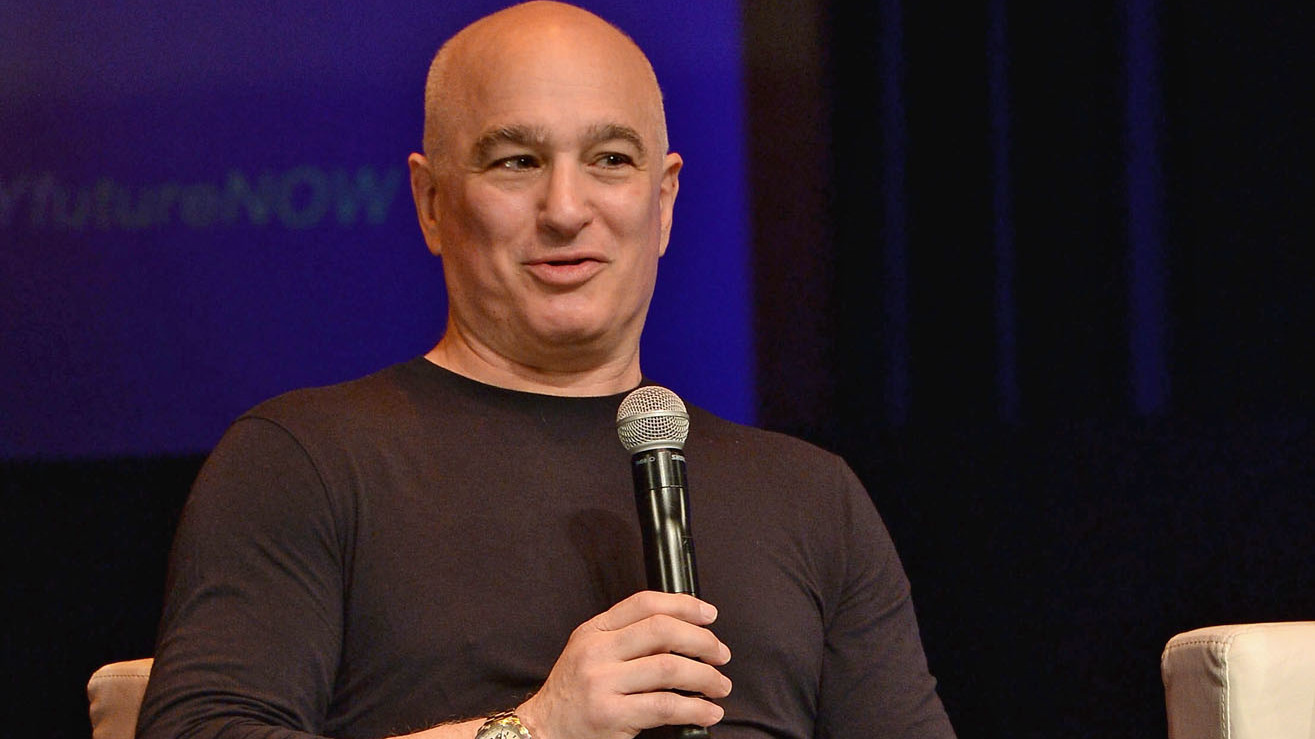Former Jimmy Page manager Peter Mensch has recalled how he was called in to break through Led Zeppelin’s impasse over the release of Celebration Day and their remaster series.
And he says the resulting products were principally conceived by himself and Q Prime Management partner Cliff Burnstein.
Led Zep gathered for the one-off Celebration Day concert in 2007, but the recording remained unreleased for five years after singer Robert Plant refused to take part in any further reunion shows.
Mensch says that the DVD, along with the Led Zep archive box sets which arrived between 2014 and 2015, were only approved after he’d taken a supervising role.
He tells Billboard: “The backstory on Celebration Day is that it wasn’t coming out because they were fighting internally.
“Jimmy called me up and asked me to come back to solve the problems. It had been five years since I was last on the case.
“Celebration Day was all us, and those box sets were mostly Cliff’s and my idea. They’re structured the way I wanted them structured.”
One moment in the process remains a career highlight for Mensch, while Celebration Day was being produced: “Jimmy needed someone to mix the record, so I brought in Alan Moulder. I’m watching Jimmy Page miming Kashmir as Moulder is putting the final touches on it. And that, for me, was like, ‘Fuck me!’”
Page has recently said he’s planning to record new music and tour in his own right, but asked if they’re still working together, Mensch replies: “No – I fired him. He fired me once.”
Burnstein describes the Led Zep releases as a “triumph” and adds: “We’re very proud of what we contributed as Jimmy’s management to the Led Zeppelin legacy.”
The pair are currently managing Metallica, the Red Hot Chili Peppers, Muse and others, and believe their business model is strong despite the music industry’s current woes.
Asked how they’d change the digital environment, they argue for a levy on sales of devices rather than music, so that a portion of the price of every phone, tablet, TV and computer is handed straight to the music industry for distribution among the businesses.
Burnstein says: “Every device is licensed, essentially, so you pay a little more when you buy it. There’s two billion devices a year being sold now or something like that. If you paid a fee upfront for that but you never had to pay anything more?
“Just think what two billion times a certain number would be in terms of replacing the revenue that was lost.”
He continues: “You can find an easy way to split it. You could replace a lot of revenue – you could build revenue. But getting the record labels to split it equitably with the artist, that’s not easy.”
Bonham, Grohl & Led Zeppelin’s legacy: An epic Jimmy Page interview
